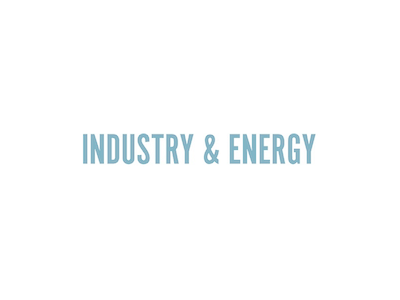The Netherlands – Recycling rotorblades, which are mainly made of composite, is still a challenge. At Eemshaven in the Northern Netherlands parties are creating a closed chain for the supply, dismantling and recycling of wind turbine blades.
Wind turbine blades generate energy all over the world but pose a huge problem after their working life. Decom North is a consortium for the recycling. Together, the affiliated companies will form a full value chain, from dismantling to new product. They dismantle discarded wind turbines and transport the rotor blades to the recycling plant in/near Eemshaven, where the blades will be broken down into granules. These granules will be the raw material for new products such as bank revetments, moulds, bridges, crane mats and much more.
Repaired
Within a few years, hundreds of wind turbines at sea to the north of Eemshaven will be part of an integrated recycling system. A pilot plant near the terminal will operate at full speed. The raw materials produced in this way will replace materials such as hardwood, therefore benefiting both the environment and the climate.
Until then, the consortium will use the Bremen-based company Neocomp, which processes glass fibre and synthetic resin from cut rotor blades into cement. A ‘one stop shop’ system for disposing discarded rotor blades is already up and running. The flows from land and sea will shortly meet in Eemshaven, where rotor blades can also be repaired.
Business case
The consortium consists of Buss Terminal, Mammoet, Lubbers Transport, DHSS Eemshaven, Bek & Verburg, Nehlsen Metaalrecycling, CRC Industries, SCs Logistics, Shipco Transport and Nedam Solutions.
Recycling of materials is a key focus area for enabler Chemport Europe. Therefore, Chemport assigned the business plan to be made and initiated the search for parties for the value chain. HorYzon and Windesheim University of Applied Sciences drew up the business case, in close cooperation with Chemport, Groningen Seaports and OWIC.




